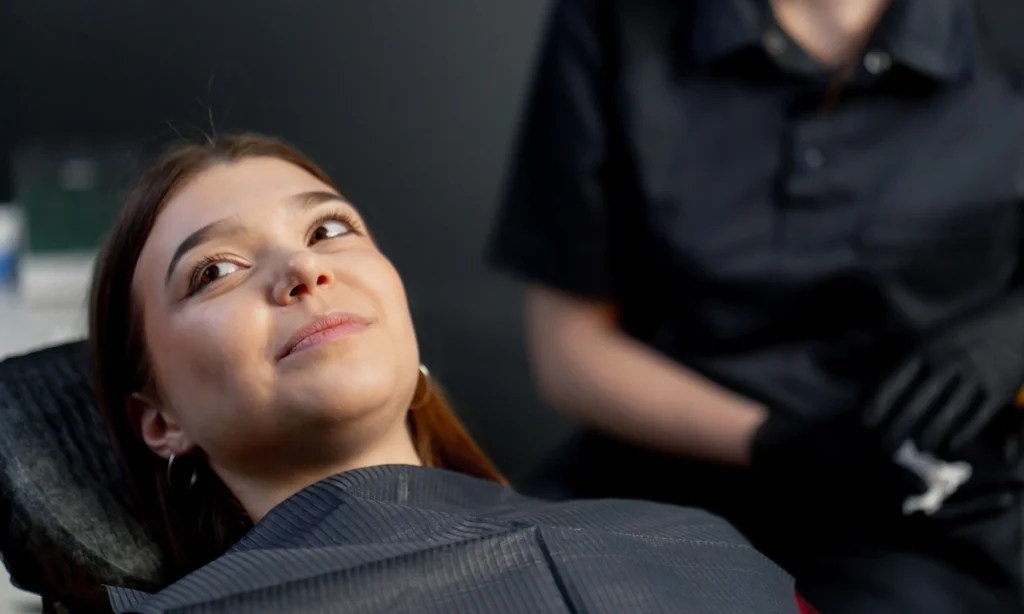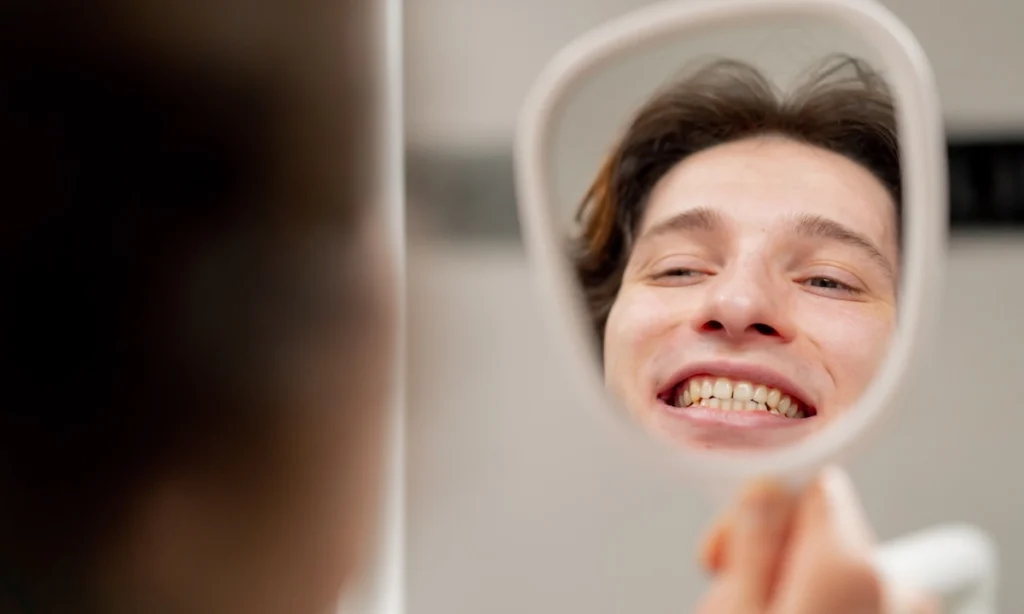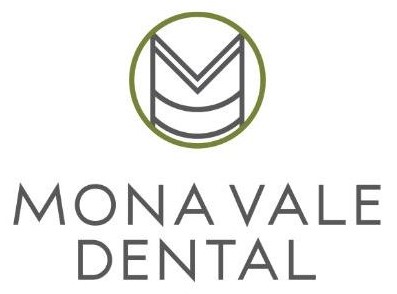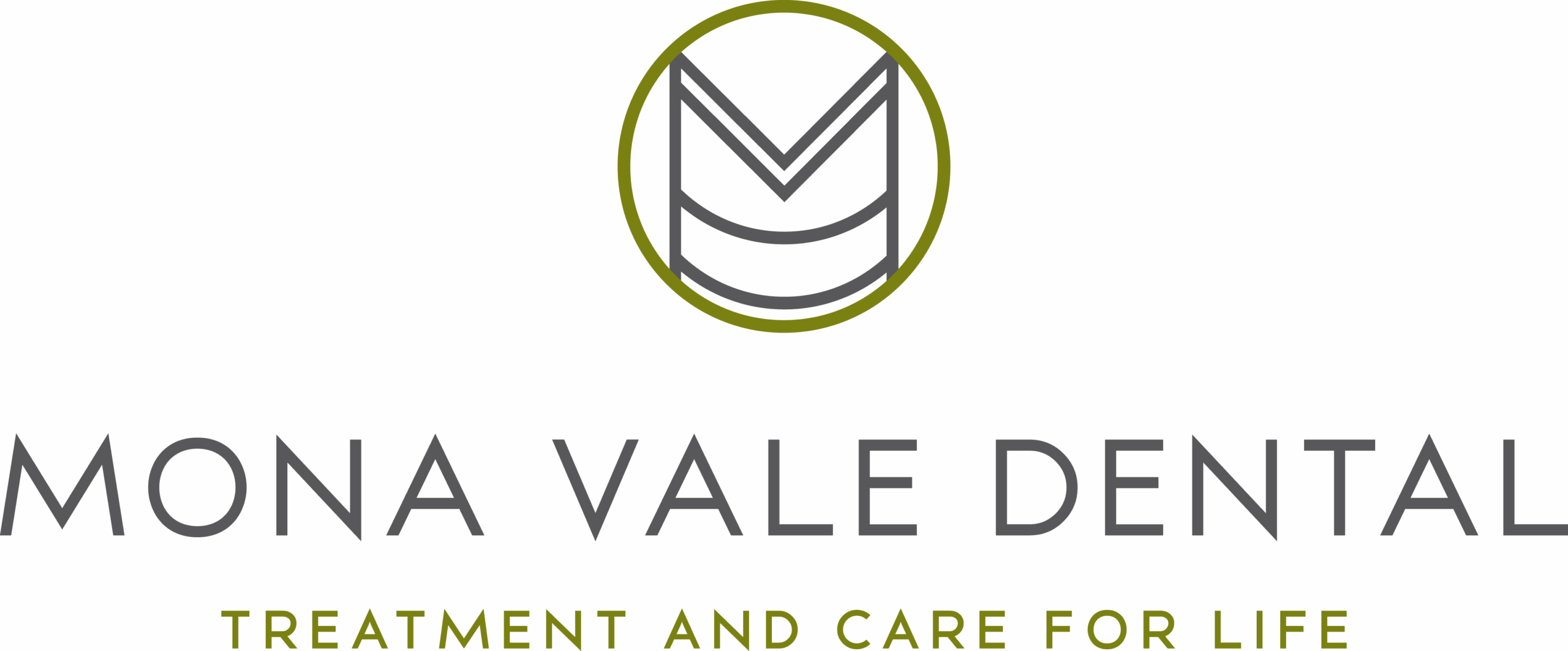A dental crown is a common recommendation, but many aren’t sure what it involves or why it’s necessary. Thanks to advances in digital dentistry, some crowns can now be made and placed in just one visit.
This guide explains what crowns are and when you might need one. We’ll also cover what you can expect during treatment, the types available, the costs in Australia, and how to care for your crown once it’s in place.
What Is a Dental Crown?

A dental crown is a custom-made, tooth-shaped restoration placed over a weakened or damaged tooth. It strengthens the tooth, restores normal function, and improves appearance while providing long-term protection.
You might also hear them called tooth crowns or dental caps: different names for the same treatment that covers and protects the entire visible part of the tooth.
What Happens If You Don’t Get a Crown When You Need One?
Waiting too long can increase the chance of further damage. A weakened tooth can crack, become more sensitive, or deteriorate over time. In many cases, avoiding a crown may lead to more complex procedures later on, such as an extraction or dental implant.
When Do You Actually Need a Tooth Crown?
A crown is often recommended when a tooth is too weak or damaged to function properly on its own. You may need a crown if:
- You’ve had a root canal, which leaves the tooth brittle and prone to fractures
- A large filling is failing or no longer providing enough support
- Your tooth is cracked, chipped, or broken, even if it doesn’t hurt yet
- You have worn-down teeth from grinding, erosion, or long-term wear
- You’d like to correct the appearance of a misshapen or badly discoloured tooth
In these cases, a crown restores stability, protects what’s left of the natural tooth, and often improves function and appearance at the same time.
Types of Dental Crowns

Dental crowns can be made from a variety of materials. Each type offers different advantages depending on your needs.
- Porcelain (ceramic): Natural-looking; used for most teeth
- Zirconia: A highly durable option that’s ideal for molars
- Metal (e.g. gold or alloy): Long-lasting, though less discreet
- Porcelain-fused-to-metal (PFM): A blend of strength and appearance
- Resin or stainless steel: Used for temporary crowns or in paediatric care
Same-day crowns are typically made from ceramic or zirconia and crafted on-site using digital scanning and milling tools.
Dental Crown vs. Veneer vs. Filling
Crowns are often confused with dental veneers or tooth fillings, but each of these treatments serves a very different purpose.
| Treatment | Best For | Coverage | Durability | Appearance |
|---|---|---|---|---|
| Crown | Structural damage, post-root canal | Full tooth | Very strong | Excellent |
| Veneer | Cosmetic improvements | Front surface | Moderate | Excellent |
| Filling | Small cavities | Part of tooth | Limited | Good |
How Much Does a Dental Cap Cost in Australia?
The cost of a dental crown can vary based on the material used, how many teeth are being treated, and whether it’s a same-day or multi-visit procedure. At Mona Vale Dental, a single ceramic crown typically costs between $1,900 and $2,100. This includes tooth preparation, digital scanning, and the crown itself.
Many private health funds offer partial rebates for dental crowns, depending on your level of extras cover and annual limits. It’s worth contacting your provider in advance to confirm these details. Flexible, interest-free payment plans are also available for patients who prefer to spread the cost over time.
Are Dental Crowns Worth It?
Tooth crowns offer a number of benefits. They can:
- Restore your biting and chewing strength
- Protect weak or impaired teeth from further damage
- Improve the look of a tooth with discolouration or structural flaws
- Last 10–15 years on average with proper care
There are some considerations, too. Crowns require enamel removal and are non-reversible. Cost can also be a factor. In rare cases, people may experience short-term sensitivity or need future adjustments. However, for many patients, crowns are a long-term solution that stops them needing more extensive work later on.
What to Expect During the Procedure

The traditional crown procedure usually takes place over two separate appointments:
- First visit: The tooth is prepared to make space for the crown. A digital scan or physical impression is taken, and you might get a temporary crown to protect the tooth.
- Second visit: The permanent crown is checked for fit, colour, and bite alignment before being securely bonded in place.
Some dental practices now offer same-day crowns using advanced technology like CEREC. This process uses digital scanning and 3D imaging to create a more precise, natural-looking crown on-site. The crown can be designed, milled, and placed during a single appointment, saving you time and removing the need for a temporary crown or follow-up visit. Same-day crowns also tend to offer a better fit and a more lifelike appearance.
How Long Do Tooth Crowns Last?
With good care, a crown can last anywhere from 10 to 15 years or more. Brushing twice daily, flossing, and attending regular dental check-ups can help your crown last as long as possible. Avoiding habits like grinding, nail-biting, or chewing ice is also important.
Can I Eat Normally With a Dental Crown?
Yes, once the crown is properly bonded and the anaesthetic has worn off, you can resume your normal eating habits. In the first 24 hours, it’s best to avoid very hard, sticky, or crunchy foods to allow the bonding material to stabilise. After that, your crown should function just like a natural tooth.
Still Not Sure if You Need One? Let’s Talk

Not every damaged or worn tooth requires a crown. If there are alternative options, your dentist will guide you through them. At Mona Vale Dental, we take the time to assess your needs and recommend the most appropriate treatment, whether that’s a crown or a more conservative option.



